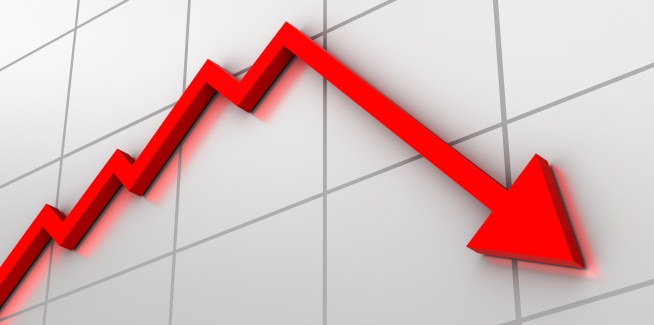According to the NAB Monthly Business Survey for August 2020, business conditions fell six points in August, reversing most of the previous month’s gains.
This was attributed to a weakening in the employment index – which fell by 11 points – though the trading sub index also fell by three points while profitability fell by four points.
Commenting on the conditions, Alan Oster, NAB Group chief economist, said: “Conditions went backwards in the month following the strong rebound in recent months.”
“The weakness was primarily driven by a deterioration in the employment index, suggesting that while the economy has generally begun to open up, the labour market is still weakening.”
The decline in conditions was broad-based across the states except for NSW, which edged higher.
Queensland, Tasmania and South Australia experienced a steeper decline than Victoria, despite the state facing various levels of restrictions to control the second wave of the coronavirus.
Nevertheless, conditions have remained the weakest in Victoria and Queensland, while the decline in Western Australia was more modest.
Despite the monthly decline, overall conditions have remained most favourable in Tasmania and Western Australia, while the other states have all shown negative conditions readings.
“The deterioration in conditions was broad-based across the states, with sharp declines in Queensland, Tasmania and South Australia,” Mr Oster said.
“Victoria also saw a moderate decline – which we had feared would be worse given Melbourne’s stage 4 restrictions. The fact that the other states have seen a pullback suggests that the virus continues to pose a risk everywhere, not just states with significant containment measures in place.”
Business confidence has improved by six points but has remained in negative territory, at -8 index points, after falling sharply last month.
Surprisingly, confidence has improved in Victoria, which is a likely reflection of falling COVID-19 case numbers, but the state continues to show the weakest confidence overall despite the pick-up in August.
Meanwhile, confidence has remained in negative territory in all states except Queensland and Tasmania.
“Confidence remains fragile – while it improved in the month, it is still negative,” Mr Oster said.
“Confidence will continue to be impacted by news around the virus, which has generally been more positive recently. In combination with weaker forward orders and a low level of capacity utilisation, it suggests that conditions may also soften before they get better.”
Meanwhile, capacity utilisation, which is a measure of the level of activity has remained around 5 percentage points below its long-run average, although it has partly recovered from its low point in April.
It remains below average in all industries, with recreational services and construction the weakest when compared with their long-run averages.
Mr Oster observed that while capacity utilisation has recovered from April, it remains very weak, adding that the recovery to date has been uneven across the states and territories.
“Given the sheer magnitude of the fall in activity in Q2 and the subsequent lockdowns in Victoria, it is likely we will see a protracted recovery and a rise in the unemployment rate before it gets better,” he said.
“Policymakers have provided unprecedented support – but we think there will need to be more. This would help businesses and the economy recover more quickly and the focus can again return to growth.”
[Related: Business confidence plummets, conditions improve]
 ;
;
